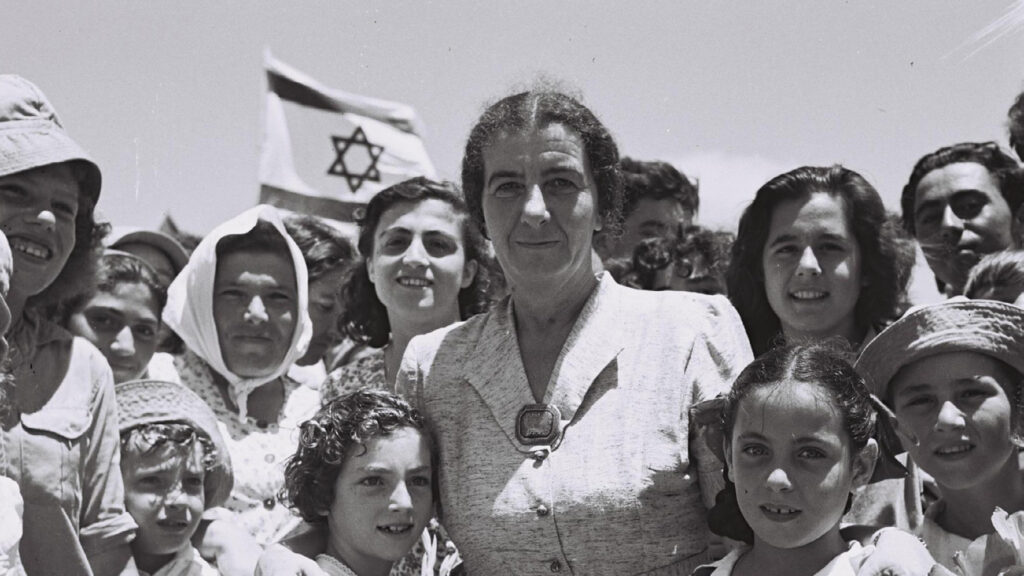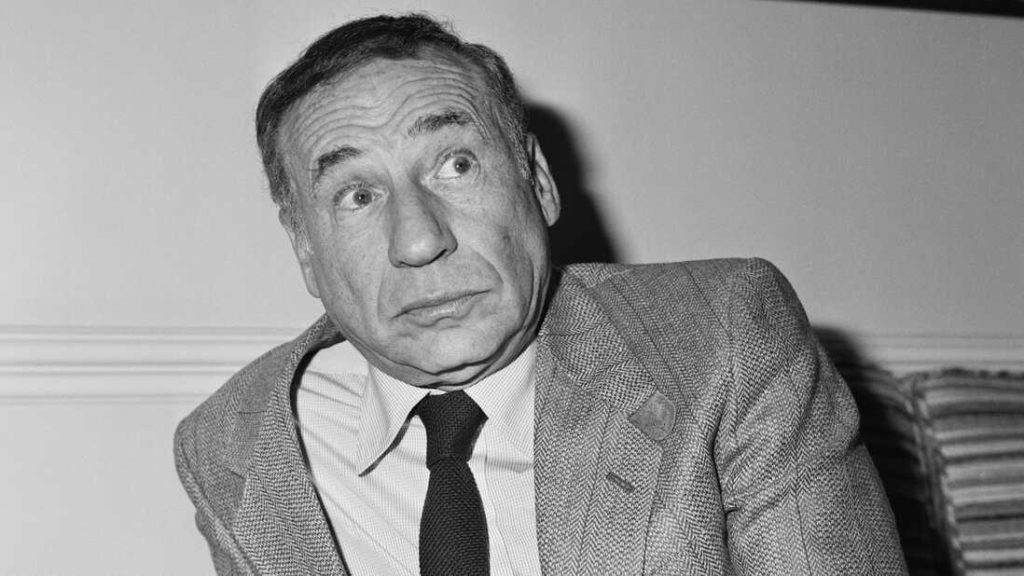More Than Football
BY FRANKIE TORKIN
In my last interview for the Solomon Journal, I spoke with Generation Z (Gen Z) Americans who decided to make the leap to join the Israel Defense Forces (IDF). Here, I highlight another member of Gen Z who has dedicated his early years to showing people around the world that any goal is possible, especially when leaning on core Jewish values. His name is Sam Salz. Sam walked into the doors of Texas A&M University having never played a game of organized football in his life. Sam worked for nine months straight to make the Division 1 football team. He is considered to be the only Orthodox Jewish Division 1 football player in history. Sam’s story is a testament to the fact that any goal is possible with determination and the correct work ethic.
Give us some background please. Where did you go to high school and how was that Judaism-wise? How did that background get you to where you are today?
I went to Kohelet Yeshiva High School in Philadelphia. It was just a typical Modern Orthodox school. From there, a bunch of kids went to the IDF, a lot of kids went to Pitt [University of Pittsburgh], and then there were always some kids who went to the Ivies.
How did you land at Texas A&M and its Division 1 football team?
I liked Texas A&M. I liked the values of the school. It was different, something about it just stood out to me. They have very good kosher food, no anti-Semitism, and no BDS. There is a great Jewish community there—not huge—but very active. When I got to Texas I decided to pursue sports and the football team. There was something in me that was like, I’m going to do this. I’m going to do this. I’m going to go forward with it and see what happens along the way. I asked my friends—because you have to have good counsel, good advice—I asked them what they thought about it. I was careful about who I selected. People who were negative, I never asked them about it. I asked people who were pragmatic, who I also knew would believe in me.
The way I made it on the team was almost never done before in college football history. I trained outside of the facility every day for nine months. I played my first game, my first snap, in November against New Mexico State. I’ve realized that the real reason why I tried this was that I wanted to inspire people. I wanted to show people that you can be successful and shomer mitzvot, especially on one of the biggest stages. On top of that, I wanted to show that you can go out and succeed, you can fulfill your purpose in life, even when people believe the odds are stacked against you. I wanted to inspire people through that.
What are some challenges related to your Judaism that came up during your journey?
When I was training to make it on the team, I would say that one of the challenges at that time was that it wasn’t easy to get kosher meat in College Station. So it was harder to gain calories food wise. With that in mind, I had to eat a lot of beans and rice to get what I needed in terms of nutrients. Regarding Shabbat, I always understood what that was going to be, and that was part of the goal. If I could be successful not playing on Shabbat in college football, then people should be able to see that and think, “in my life, maybe I don’t need to take the test if it’s on Rosh Hashanah or a different holiday.”
What do you seek to add to the world with these strong inspirational methods—on a Jewish level and beyond?
I would like people to realize that Shabbos, kosher, and their yiddishkeit are not going to hold them back. I would like to see people taking time to connect with God on a personal level. I would like to see people being proud of who they are and walking around openly without hiding the yarmulkes or whatever they may wear. I would like to see Jews being proud again, and Jewish kids being knowledgeable about Judaism. On a broader level, outside of the Jewish realm, I would like to see people going out and fulfilling their dreams and living a life that’s unique to them—as opposed to being this kind of cookie-cutter person that people are often forced to be.
You’ve obviously accomplished an incredible goal in your life. What advice would you give to young Jews looking to accomplish a major goal of their own?
First and foremost, do it for a holy purpose. You elicit the help of God that way. Having the why is obviously very important. I would say, secondly, don’t let the thought of a barrier keep you from breaking it. Sometimes we put up walls and we believe that these walls can’t be broken. But the thing is, most people believe they can’t be broken, but no one’s ever tried to break them. If you really push and try to break it, you can.
Can you elaborate on the idea of holy purpose? What does it actually mean to align with a holy purpose?
It’s very simple. Every action a person does, and you’ll see this across the sports world especially, must be with intent and with direction. And thus, when you go out to accomplish a goal, you must have a reason for why you want to accomplish it. Now, having a holy purpose for accomplishing a goal, that is the ikar because that’s why we are created. To bring in a little bit of a hasidic concept, it’s to make this a dwelling place for God in the lower world and utilizing our talents to do that. And thus, if you use your talents for vanity, it’s one thing. But if you really want to succeed in a way that is meaningful to people, you have to do it for a holy purpose, and you elicit the help of God in accomplishing that goal. God has played the main role in my journey. I put in the work. I worked hard and ate, slept, and dreamt football.
But once you figure out your purpose—having a holy purpose—you can’t stop because you remove yourself from the ground. You remove yourself from the limitations that you place on yourself. You say: I am with God. I’m with God and therefore I will succeed. I’m doing this for God. And thus the limitations that being human places on you, don’t exist.
What do you see yourself doing beyond college football?
God willing, I’m obviously working to make it into the NFL. But beyond that, I want to be a motivational speaker. There is a lot that I could talk about. Whether it’s, on the Jewish side, being the first shomer Shabbat Jew to play Division 1 football, I can talk about that. And then believing in yourself; believing in yourself succeeding; going out, working hard, making the most of every day, and just being obsessed with your goals and fighting until you accomplish them.
Suggested Reading

The “Neighborhood Bully” Returns
BY EMUNA NAIDITCH What happens in the Jewish state affects each and every Jew. As poet Yehuda Halevi famously said, “My heart is in the east, but I am at…

Tal-Or Cohen Montemayor on the Surge in Online Anti-Semitism and Its National Security Implications
BY ESTHER LUVISHIS Social media is a significant part of everyone’s life in the twenty-first century, especially for the young. From X, formerly Twitter, to Instagram and Facebook, there is…

Remaining an Or L’Goyim in a Post-October 7 World
BY GILA GRAUER October 7 was a day that will never be forgotten, not by Israelis nor by Jews all over the world, who all united to mourn the tragic…

All About Mel
In an iconic moment of the 1967 film The Producers, scantily clad dancers dressed as Nazi sturmtruppen move into swastika formation and slowly rotate, surrounded by Third Reich banners and singers extolling the…